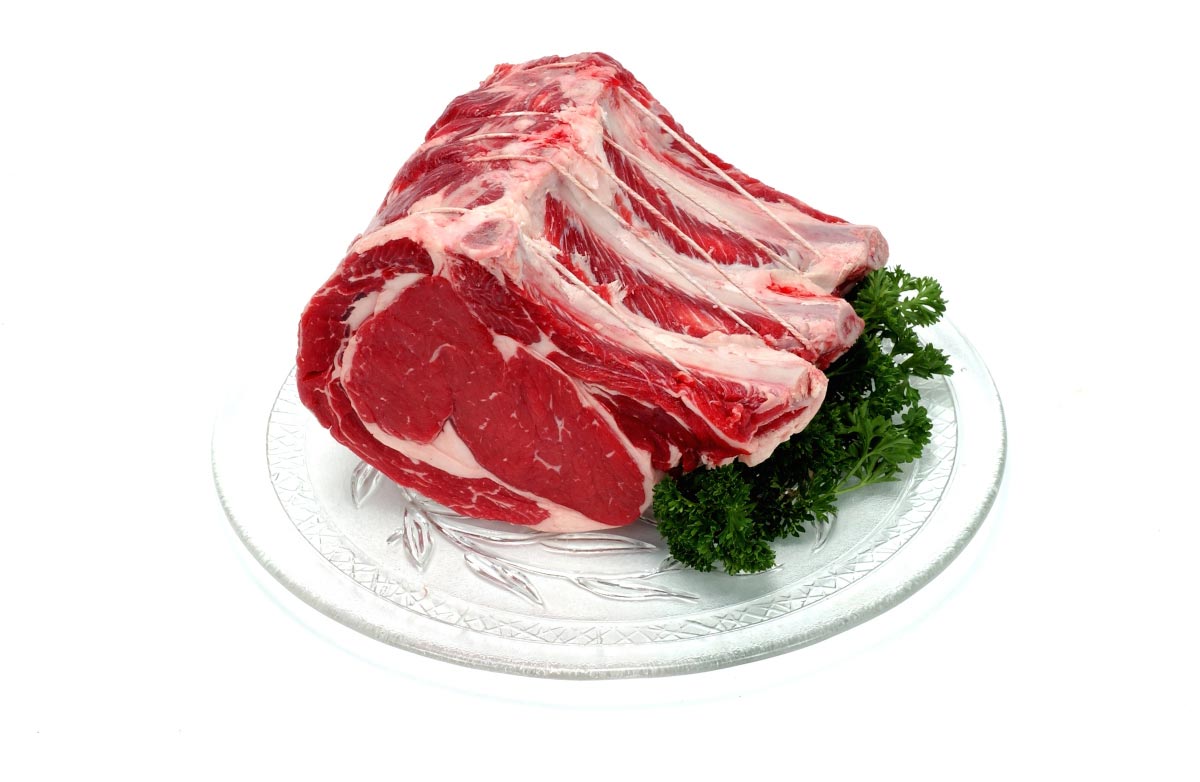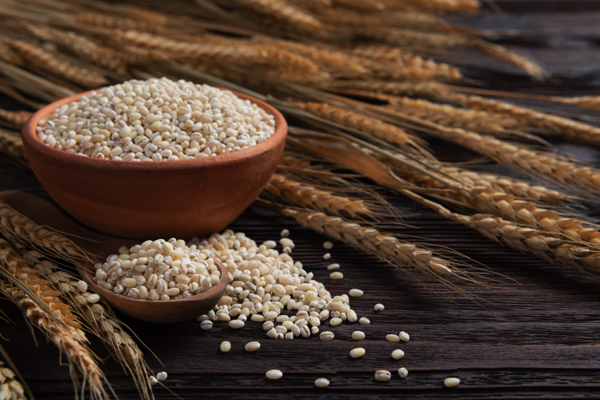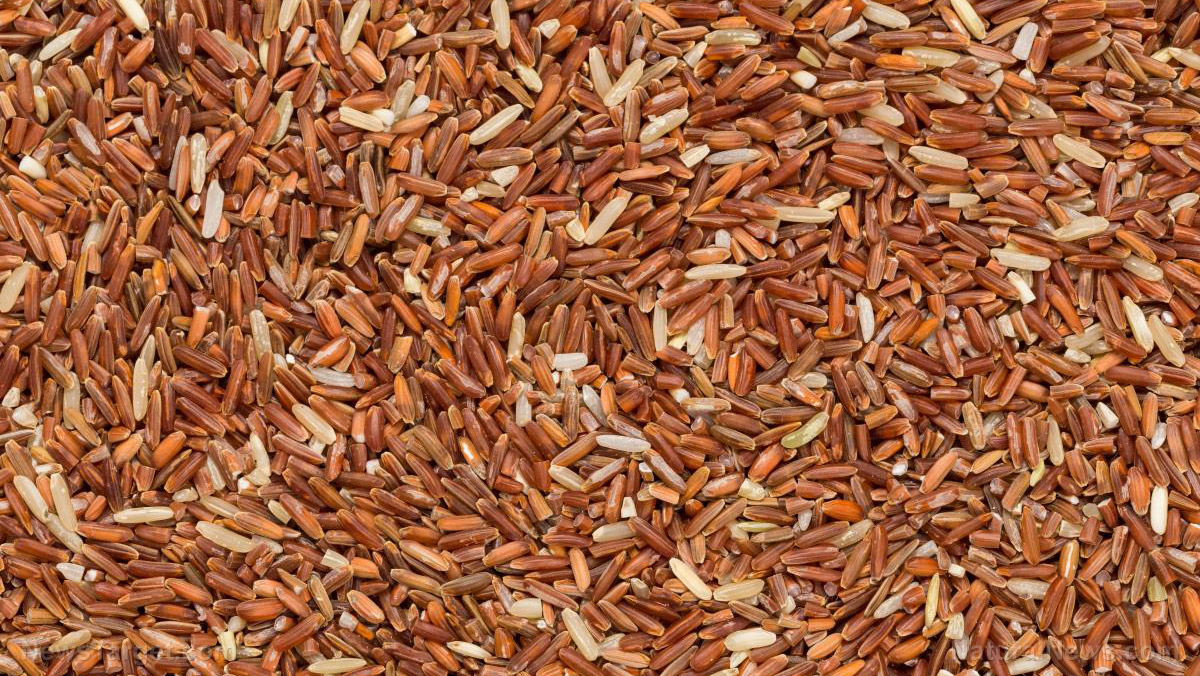STUDY: Half of vegans at risk of muscle loss due to nutrient deficiencies
04/19/2025 / By Laura Harris

- Nearly half of long-term vegans may lack sufficient lysine and leucine, crucial for muscle maintenance and protein synthesis, despite meeting overall protein intake recommendations.
- While many vegans consume adequate protein, plant-based sources (e.g., beans, nuts) are less efficiently absorbed, leading to potential deficiencies over time.
- Insufficient lysine and leucine can contribute to muscle wastage, particularly in older adults or those prone to muscle loss.
- Vegan diets may also be deficient in vitamin B12, iron, vitamin D and iodine, increasing risks of anemia, fatigue and metabolic issues without careful planning or supplementation.
- Prioritizing legumes, pulses and protein-rich plant foods can help mitigate deficiencies, but the long-term health impacts of strict veganism require more study.
A new Riddet Institute study has revealed that nearly half of long-term vegans may be deficient in vital amino acids essential for muscle maintenance and energy metabolism, exposing them to potential health risks such as muscle wastage and immune dysfunction.
The study analyzed the diets of 193 adults in New Zealand who had followed a vegan diet for at least two years. Participants tracked their food, beverage and supplement intake over four days, and researchers assessed their protein consumption using national food databases.
After adjusting for body weight and sex, the researchers found that the majority of participants (80 percent of men and 73 percent of women) met recommended protein intake guidelines. However, not all plant-based protein was effectively absorbed. Only about 50 percent were estimated to digest enough lysine and leucine, two key amino acids crucial for protein synthesis and muscle function, as much of it passed through their systems unused. (Related: Low-carb vegan diet improves cardiovascular risk factors.)
These nutrients are abundant in animal products like meat, eggs and dairy but occur in lower quantities and with poorer absorption in plant-based foods, like beans, peas as well as nuts and seeds.
Moreover, vegan diets may lead to deficiencies in vital nutrients like vitamin B12, vitamin D, iron and iodine, which are abundant in animal products, potentially causing fatigue, bone issues, anemia and metabolic problems. Although plant-based diets can provide these nutrients, careful planning or supplementation is essential.
“Vegan diets are the most restrictive form of plant-based eating, relying entirely on plant sources for all nutrients. Prolonged deficiencies in these essential nutrients can negatively affect the body functions, including muscle mass maintenance. Our body doesn’t store amino acids long-term, so they must be consumed consistently throughout the day,” said lead author Patricia Soh, adding that over time, deficiencies in lysine and leucine could contribute to muscle loss, especially in older adults or those prone to muscle wasting.
Vegans should eat more legumes, pulses and protein-rich plant foods to avoid protein deficiency
In line with the findings, Micaela Karlsen of the University of New England noted that while plant-based diets are associated with lower chronic disease rates, the transient nature of such studies leaves questions about sustained health outcomes.
“The ultimate litmus test of how nutrition quality affects health is whether humans have positive or negative health outcomes when following specific dietary patterns,” Karlsen said. “And it has long been establisffoodhed that individuals who eat a totally plant-based diet have lower rates of chronic disease.”
Soh supported Karlsen’s statement and stated that although it remains unclear whether lysine and leucine deficiencies are unique to vegans, studies suggest their blood levels are lower in vegans compared to omnivores. To ensure adequate intake, vegans can mitigate amino acid deficiency by eating more legumes, pulses and protein-rich plant foods, along with strategic snacking. Ultimately, while some evidence supports short-term metabolic benefits, further research is needed to assess long-term nutritional adequacy and health impacts.
Visit Naturopathy.news for more stories about healthy lifestyles and diets.
Watch this video of a man discussing the reasons why he is on a vegan diet.
This video is from the Ty Young channel on Brighteon.com.
More related stories:
Losing weight can be as easy as starting a vegan diet.
Eco-Atkins diet is a low-carb vegan diet that may slash heart risk by 10 percent.
Diabetes sufferer switched to vegan diet, blood sugar stabilized after 10 days.
Low-carb vegan diet found to reduce weight gain and heart attack risk.
Sources include:
Submit a correction >>
Tagged Under:
Amino Acids, animal protein, building blocks, eggs, leucine, lysine, meat, muscle loss, plant-based eaters, plant-based protein, protein, study, vegan, vegan diet
This article may contain statements that reflect the opinion of the author
RECENT NEWS & ARTICLES
CleanFoodWatch.com is a fact-based public education website published by Clean Food Watch Features, LLC.
All content copyright © 2018 by Clean Food Watch Features, LLC.
Contact Us with Tips or Corrections
All trademarks, registered trademarks and servicemarks mentioned on this site are the property of their respective owners.




















